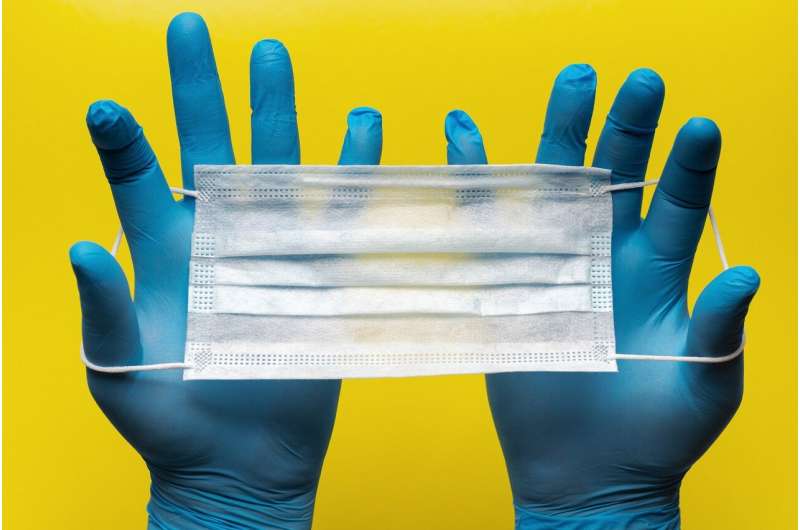RFK Jr. Withdraws $500 Million Funding for Vaccine Development Initiatives

U.S. Health Secretary Robert F. Kennedy Jr. has announced the cancellation of 22 vaccine projects totaling $500 million, shifting focus to alternative vaccine strategies to fight respiratory viruses. This decision has sparked debate among health experts about the future of vaccine technology.
On August 6, 2025, it was announced that U.S. Health Secretary Robert F. Kennedy Jr. has decided to halt 22 vaccine development projects worth a total of $500 million. These projects primarily involved the use of mRNA technology to create vaccines targeting respiratory viruses such as COVID-19 and influenza. Kennedy's move marks a significant shift in the nation’s vaccine strategy, with a focus on prioritizing alternative approaches.
In a public statement, Kennedy explained that the cancellations are part of a broader effort to develop safer and more versatile vaccine platforms. He emphasized replacing current mRNA programs with methods like whole-virus vaccines and novel platforms resilient to viral mutations. The decision has sparked debate, particularly among infectious disease experts who highlight the proven safety and pandemic-mitigating role of mRNA technology.
The Department of Health and Human Services clarified that other applications of mRNA tech within the department remain unaffected, including vaccines for COVID-19 and RSV. However, the shift indicates a reevaluation of vaccine development priorities. Currently, mRNA technology is not approved for influenza vaccines, although Moderna was investigating a combined COVID-19 and flu shot.
Critics argue that abandonment of mRNA projects could hinder rapid response capabilities for future pandemics, with experts like Mike Osterholm describing the decision as "dangerous". Conversely, Kennedy advocates for vaccines that mimic natural immunity, aiming to develop a universal vaccine effective against multiple respiratory viruses.
Ultimately, this move reflects a strategic pivot in vaccine research, emphasizing the pursuit of innovative and potentially more durable solutions to infectious diseases, while maintaining support for existing mRNA COVID-19 and RSV vaccines.
Stay Updated with Mia's Feed
Get the latest health & wellness insights delivered straight to your inbox.
Related Articles
Regional Variations in COVID-19 Deaths Across Europe During 2020 and 2021
An in-depth look at how COVID-19 caused significant regional differences in mortality across Europe during 2020 and 2021, emphasizing the importance of localized health data.
Using Air Purifiers Can Lower Heart Risks for Those Exposed to Traffic Pollution
Using portable HEPA air purifiers may significantly reduce blood pressure in adults exposed to traffic-related air pollution, potentially lowering cardiovascular risks—a promising low-cost intervention for vulnerable populations.
Breakthrough in Childhood Leukemia Treatment: New Drug Combination Shows Promise
A groundbreaking drug combination developed by Cambridge scientists shows promise in treating childhood leukemia more effectively and with fewer side effects, potentially transforming future therapies.
New Insights into Brain Activation Waves During Wake-Up Transition
Scientists have identified a specific brain wave pattern that occurs during the transition from sleep to wakefulness, providing new insights into human consciousness and sleep disorders.



